Crime and punishment: How Israel crossed all red lines with Haniyeh’s assassination
By Xavier Villar
Since its establishment in 1948, the Zionist entity has adopted "assassination" as an official policy, both in the occupied territories and elsewhere, without any international scrutiny or accountability.
Last week, Ismail Haniyeh, the top political and diplomatic official of Hamas, became the first official foreign guest to be assassinated by the Israeli regime on Iranian soil, despite stringent security measures.
Since October 7, 2023, when the Palestinian resistance launched an unprecedented military operation against the Zionist entity, which was followed by the genocidal war against Palestinians in Gaza, Tel Aviv has declared all Hamas leaders as legitimate targets.
The assassination of Haniyeh, the first elected Prime Minister of Palestine and a key negotiator to end the ten months of genocidal war on Gaza, is notable not only for its timing and location but also for its potential regional and international repercussions.
With this cowardly act, Israel not only targeted the leader of Hamas but has crossed all political and diplomatic red lines, violating Iran's sovereignty and territorial integrity.
It is crucial to consider the timing of the attack: the Gaza war has resulted in the deaths of nearly 40,000 Palestinians and widespread destruction, while the elimination of Hamas—the declared main objective of the war—has not been achieved.
The regime has failed to achieve any of its military objectives and even failed to take out key resistance commanders in the besieged Gaza Strip, despite tall claims.
Ceasefire negotiations have also failed to produce results, and Israeli captives have not yet been freed, which has intensified anti-regime protests in Tel Aviv.
Netanyahu's visit to the United States, while facing war crime charges before the International Criminal Court (ICC), was intended to lobby for more military and financial support at a time when US elections are approaching and pressure is mounting on Joe Biden to end his support for the Israeli genocide in Gaza.
Israel has shown no intention of halting its genocidal offensive in Gaza or of negotiating seriously toward that end. Equally important, there are no signs that the unconditional support of the United States to Israel over the past 300 days will change in the next 300 days.
Politicians who have harped about Israel's "right to defend itself" have effectively given a blank check to the occupying regime, which has used that to justify its crimes in Gaza and elsewhere.
Adored by people, esteemed by Leader: Ismail Haniyeh, a venerated icon in Iran#IsmaiHaniyeh pic.twitter.com/OGv9tjdmIy
— Press TV 🔻 (@PressTV) August 3, 2024
At the same time, the right of countries attacked by Israel to defend themselves or respond within international legal frameworks has never been recognized.
In this context, when Iran responded to the Zionist attack on its consulate in Damascus with Operation "True Promise," it did so within the framework of international law, specifically under Article 51 of the United Nations Charter, which recognizes the right of self-defense.
The assassination of Haniyeh, in addition to its political and ethical implications, has a legal dimension that cannot be overlooked: it represents a flagrant violation of the territorial integrity and national sovereignty of the Islamic Republic.
From a political standpoint, the Zionist strategy is clear. For a long time, it has pursued the tactic of eliminating any possibility of peace to continue its habitual crimes with total impunity.
Israel intensified its genocidal attacks on Gaza while ceasefire negotiations were progressing and, to ensure that no tangible peace was possible in the short term, it escalated efforts to provoke others through a spree of assassinations and such provocations as a pretext to prolong the war and involve the US directly in it.
Israel believes that its recent diabolic crimes have created conditions for what could be a unique opportunity to drag the United States into a direct confrontation with Iran and the Axis of Resistance. It is not surprising that the US has indicated it will defend Israel if attacked.
In a demonstration of the manipulative and spurious use of international law, the US government does not consider Israel’s recent assassinations to justify a response from Hezbollah or Iran. Nonetheless, any retaliation from Lebanon or Iran will be deemed an illegitimate attack, justifying any subsequent actions Israel decides to take.
The fact is that if the repeated assertions by the United States about its unwavering and unconditional commitment to Israel's security are intended to intimidate Israel’s enemies and influence their actions, they have once again failed.
Evidence of this was provided by Hezbollah leader Sayyed Hassan Nasrallah in a crucial speech on August 1. Speaking shortly after the burial of Hezbollah commander Fouad Shukr, assassinated by Israel on Tuesday, Nasrallah announced that the activities of the Support Front (or Solidarity), launched by the Lebanese organization on October 8, would quickly resume and continue uninterrupted until achieving the goal of ending Israel’s genocidal war in Gaza.
There is no doubt that Haniyeh's martyrdom in Tehran, while bitter and painful, will not affect the movement’s power or future operations. This event will not provide security to the illegitimate entity and, instead, will intensify motivation for resistance and struggle among Palestinians, boosting Hamas’s popularity both in the occupied territories and abroad.
Enemies deluded to think assassinations would divert resistance from its path: Hamashttps://t.co/81BCY2IKzA
— Press TV 🔻 (@PressTV) August 4, 2024
Israel, which has failed to achieve its goals in Gaza over the past ten months, has resorted to desperate measures by carrying out assassinations in two regional capitals.
Experience shows that whenever Israel has targeted a political or military leader from Hezbollah, Hamas, or Islamic Jihad, a new, even more determined leader has replaced the previous one, which strengthens the resistance’s resolve.
According to Nasrallah, Hezbollah will respond directly and decisively, rather than symbolically or indirectly, and this response will occur regardless of developments in the Support Front.
Iran is also expected to respond directly, as the Leader of the Islamic Revolution Ayatollah Seyyed Ali Khamenei and other top leaders have already emphasized.
Both Iran and Hezbollah have made it clear that they view Israel’s recent attacks as strategically significant and call for a strategic response.
In Nasrallah’s words, Israel’s actions have created a new and distinct conflict that threatens the entire region and thus demands an adequate deterrent response.
It is expected that the Axis of Resistance will respond in a coordinated fashion, or with a series of strikes against the Zionist entity to cause significant damage to its military infrastructure.
Lebanese media close to Hezbollah have reported that the Axis of Resistance has established a joint operations room to plan their response against Israel. This response is expected to extend beyond the Israeli regime to potentially include US bases as well.
Interestingly and importantly, the Islamic Revolution Guard Corps (IRGC) in a statement on August 3, clearly stated that “this action (the martyrdom of Ismail Haniyeh) was designed and executed by the Zionist regime with the support of criminal America.”
Amid this tension caused by Israel’s irrational actions, a new regional order is taking shape. Should an open war erupt between the Israeli regime, Hezbollah, and Iran—something they have tried to avoid by all means—this conflict is expected to be far larger and longer than the current confrontation between the Zionist occupation forces and Hamas in Gaza.
Resistance groups in Syria and Iraq, as well as the Yemeni military, could also attack the Israeli regime, significantly expanding the scope of war.
The joint response from the Axis of Resistance, as well as individual responses from Iran and Hezbollah, are seen as a political necessity. These actions aim to restore red lines, bolster deterrence capabilities, and pave the ground for the liberation of occupied territories.
Xavier Villar is a Ph.D. in Islamic Studies and researcher based in Spain.
(The views expressed in this article do not necessarily reflect those of Press TV)
VIDEO | S Korean legal battles rage as presidential impeachment trial begins
VIDEO | Over 80% of mosques in Gaza destroyed by Israeli regime
VIDEO | Jordanians take to streets of Amman to support Resistance
VIDEO | Protests erupt in Pakistan over Parachinar crisis
US and UK launch new airstrikes on Yemeni capital
Homelessness up 18 percent in US in last year
VIDEO | Yemenis hold nationwide rallies in support of Palestine
Israeli aggression against Gaza hospitals ‘flagrant violation’


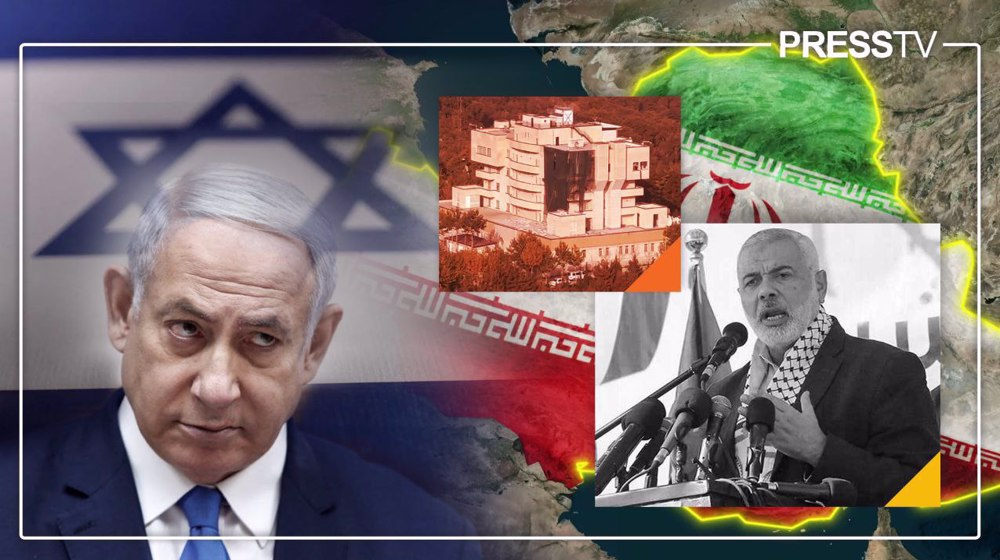
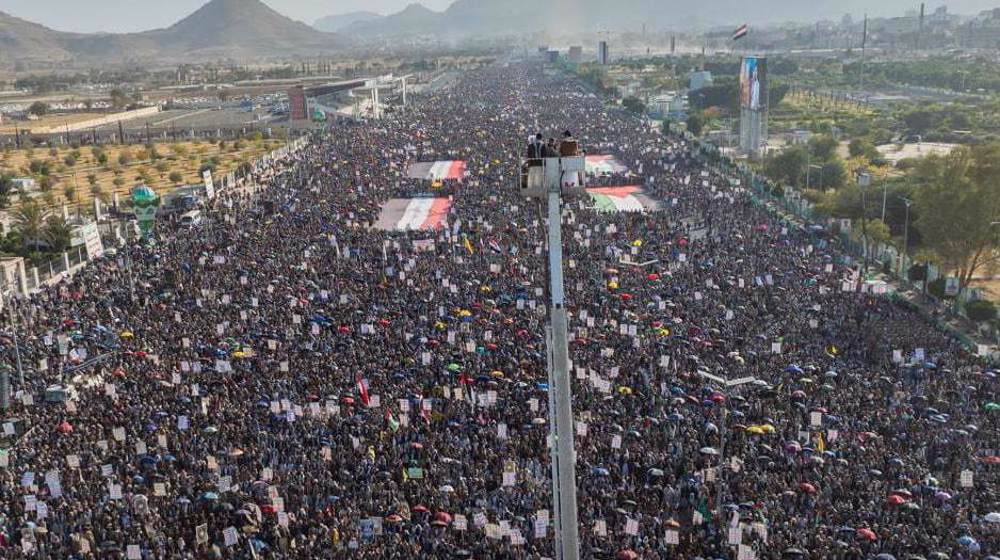
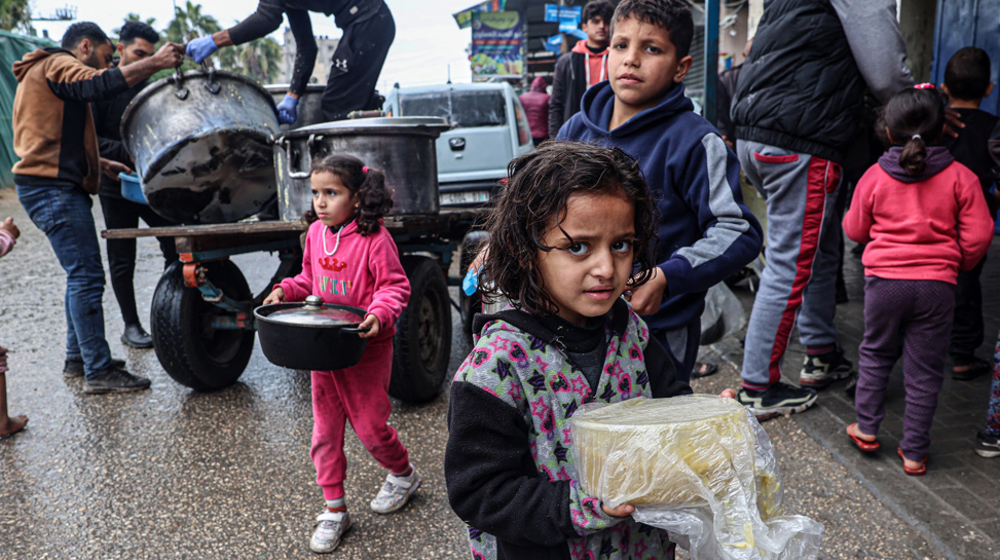
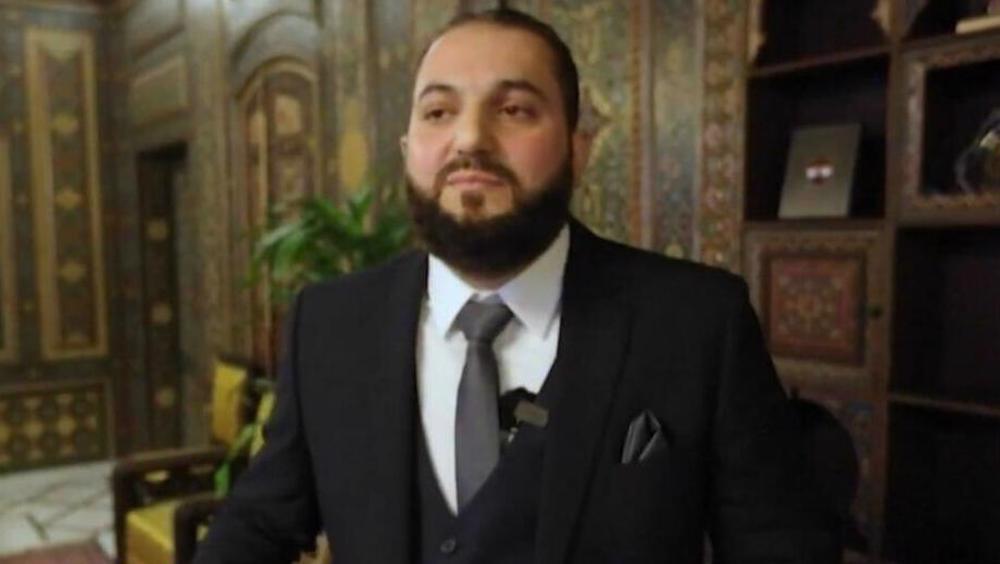



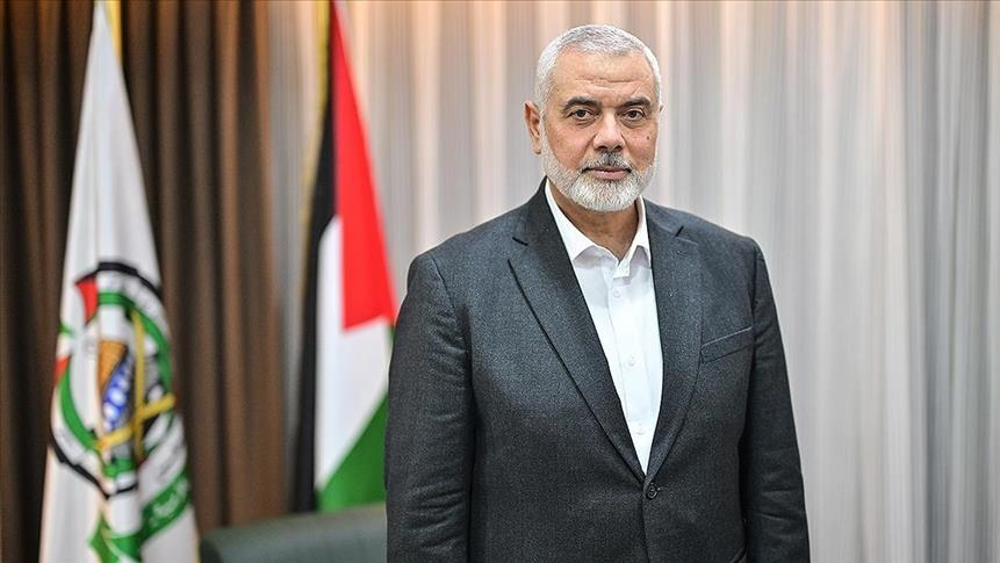
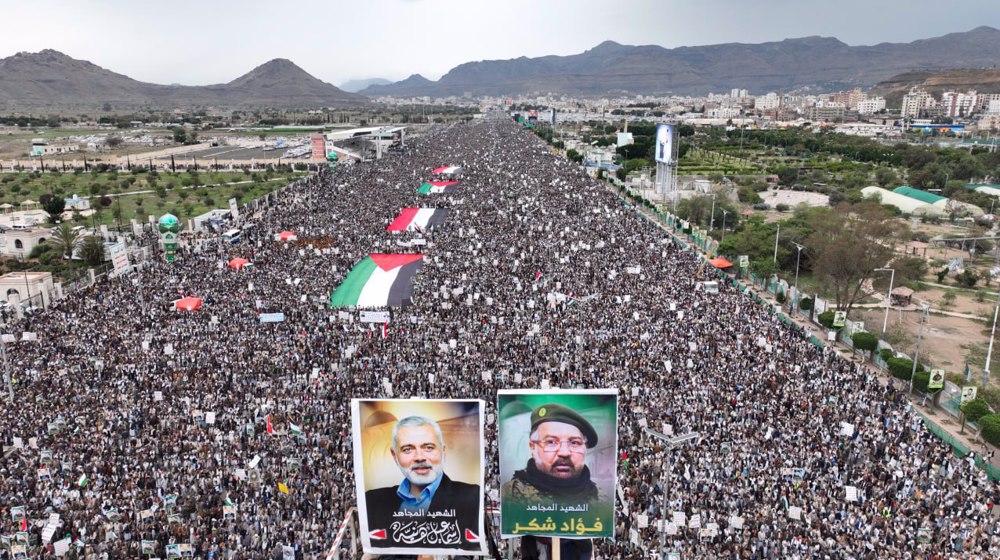
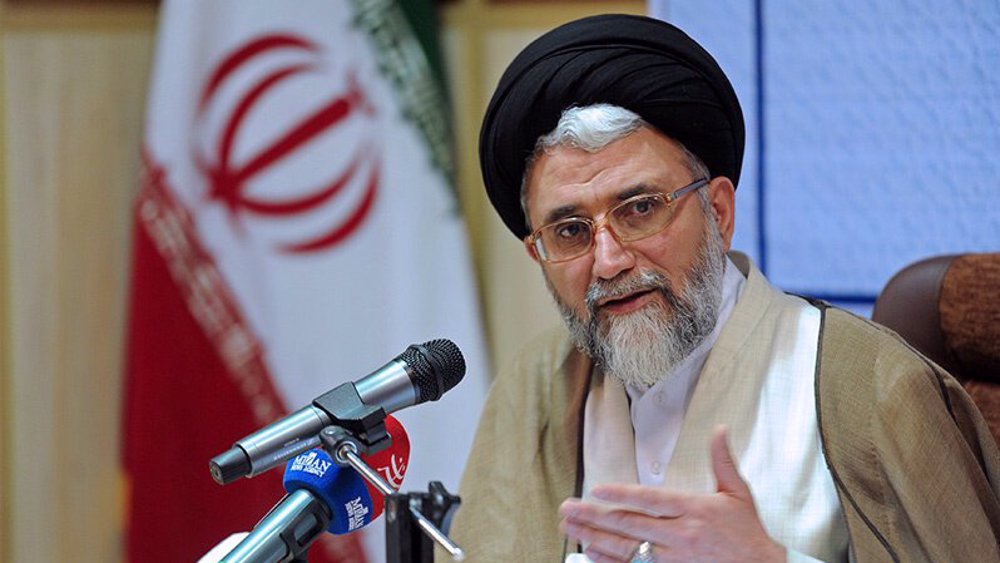
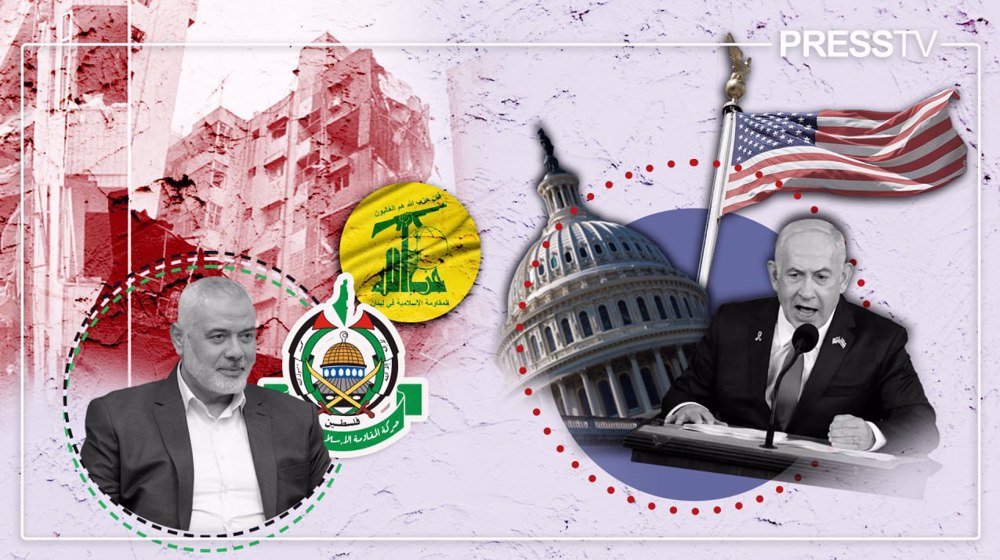
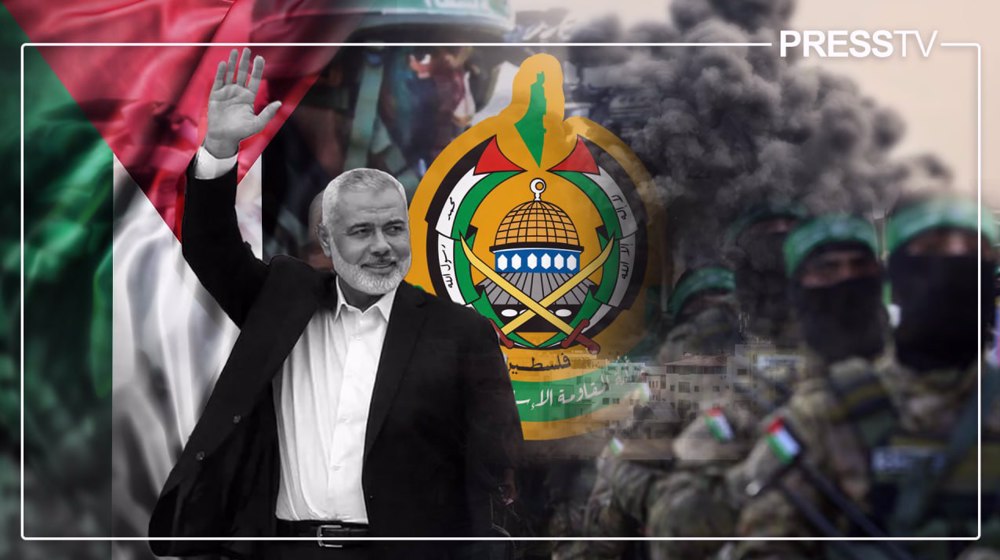

 This makes it easy to access the Press TV website
This makes it easy to access the Press TV website